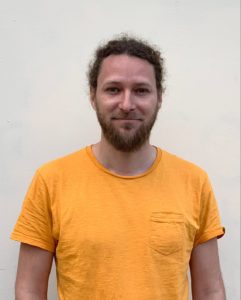Stefan Lattner serves as a researcher leader at the music team at Sony CSL Paris, where he focuses on generative AI for music production, music information retrieval, and computational music perception. He earned his PhD in 2019 from Johannes Kepler University (JKU) in Linz, Austria, following his research at the Austrian Research Institute for Artificial Intelligence in Vienna and the Institute of Computational Perception Linz. His studies centered on the modeling of musical structure, encompassing transformation learning and computational relative pitch perception. His current interests include human-computer interaction in music creation, live staging, and information theory in music. He specializes in generative sequence models, computational short-term memories, (self-supervised) representation learning and musical audio generation.


